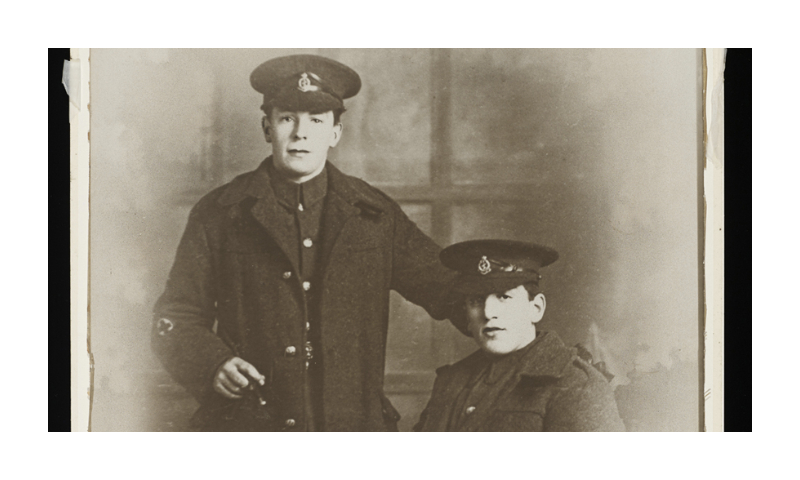John J. Miller
National Review, Mar. 30, 2023
“Fascism was a European nationalist mass movement of the early 20th century that wanted to overthrow the liberal system. It cannot be revived in the terms of the cultural, social, and political structures of modern Western countries. … The basic rule of thumb is that the more ‘neofascism’ achieves any degree of political significance, the more it becomes more moderate and tries to blend in with something else.”
The historian Stanley G. Payne once asked a speculative question of an American who had fought in the Spanish Civil War in the 1930s: What would have happened if the leftists had won? The vet had served with the losers, and he offered a startling reply: “Oh, of course, another socialist disaster.”
Payne found the remark both amusing and perceptive. “Although he still supported his romantic cause, he had no illusions about revolutionary socialist politics,” says Payne. “He had learned some wisdom in his long life.”
At 88, Payne now qualifies as a wise old man himself. He spent decades teaching thousands of students, mostly as a professor at the University of Wisconsin. His curriculum vitae lists him as the author of 27 books plus hundreds of essays, reviews, and encyclopedia entries. A large majority of them involve the tumultuous politics of 20th-century Spain, home to violent struggles between radical factions of anarchists, communists, and fascists as well as the rise and reign of General Francisco Franco. Payne’s association with Spain is so strong, it was even fused into his name — when Wisconsin’s administration in the 1990s created his first email user name by combining his first initial and his last name: “spayne.”
Having taught his last course long ago and insisting that he won’t put out any more books, Payne continues to write essays and deliver online lectures from his retirement home in Madison. “I presume that I am nearing the point at which I really retire,” he jokes. Before that happens, however, America’s greatest historian of Spain wants to make a point: The history of the country he has spent his life studying holds a warning for the United States today.
… [To read the full article, click here]


